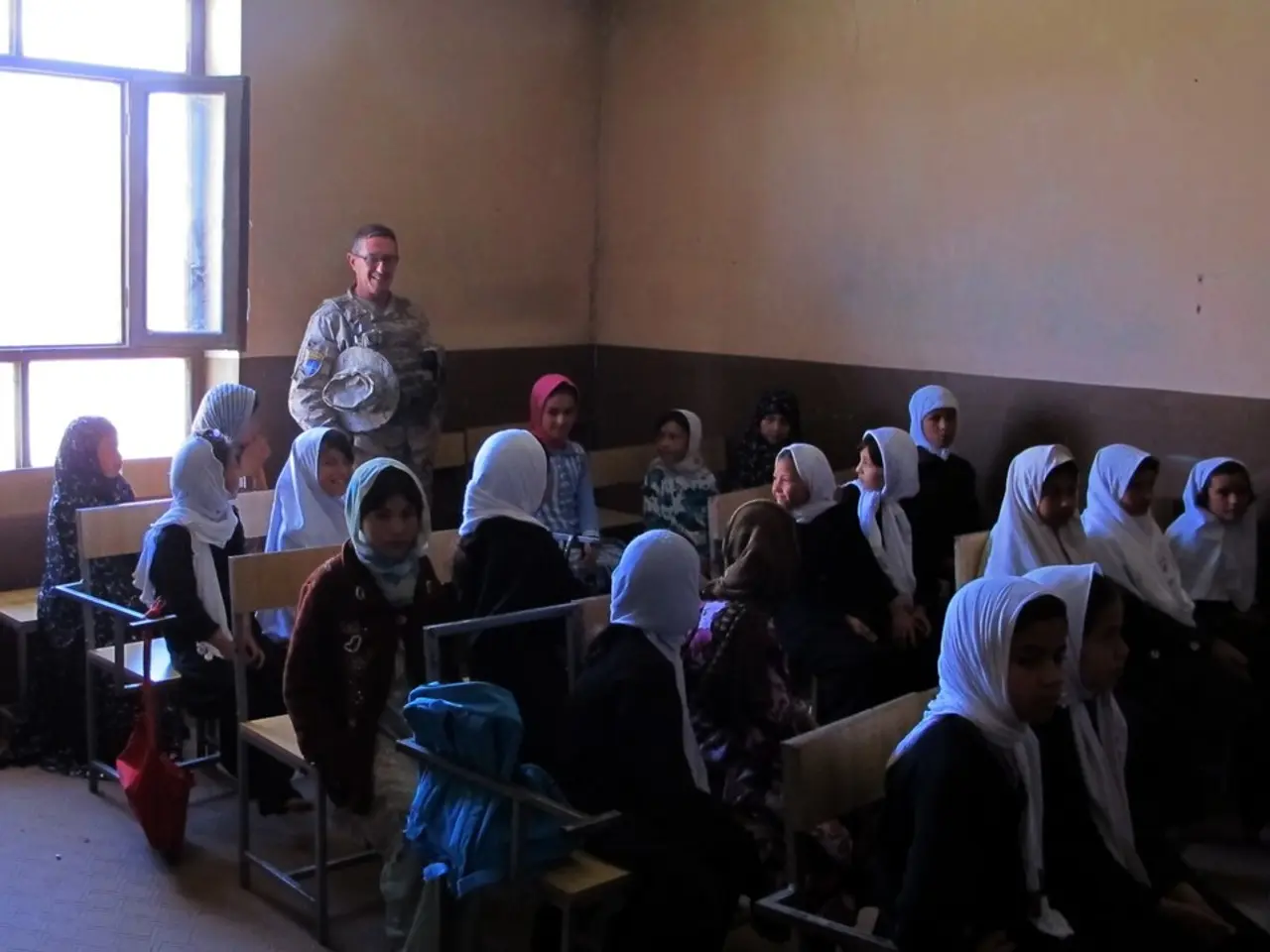Political Systems Analysis: delving into different forms of governance worldwide
Comparative Government Studies is a vital field that delves into the intricacies of political systems across the globe. This discipline, with roots traced back to ancient political thought, offers a comprehensive understanding of governance and policy-making, helping us navigate the complexities of modern politics.
At its core, Comparative Government Studies aims to identify patterns, differences, and similarities that influence political outcomes across varied contexts. Factors such as history, culture, and economic conditions inherently affect how a political system functions, and this field provides a platform to explore these interconnections.
A Glance at the Past and Present
The origins of Comparative Government Studies can be traced back to philosophers like Aristotle, who compared various city-states. Fast forward to the present day, and key scholars such as Alexis de Tocqueville and Max Weber have made significant contributions by analyzing political systems and their societal implications.
Incorporating case studies from various countries allows learners to explore real-world examples of governance, fostering critical thinking. Cross-cultural comparisons involve the systematic analysis of political systems, institutions, and behaviours across different cultures, providing a nuanced understanding of political dynamics.
Embracing the Future
The future of Comparative Government Studies will involve the continued integration of technology in research methodologies, a deeper exploration of transnational issues, an increasing emphasis on inclusivity, and the impact of social media on political behaviour.
Contemporary trends in Comparative Government Studies emphasize a multidisciplinary and data-driven approach, increasingly integrating large-scale datasets, qualitative assessments, and interdisciplinary perspectives to analyze government structures, political behaviour, and constitutional developments.
Key trends include the use of comprehensive quantitative datasets, a focus on constitutional dynamics and democratization, the incorporation of intersectionality and marginalization, methodological innovations, and a shift towards understanding and supporting democratic governance in complex, diverse contexts.
Practical Applications
These trends have direct implications for policymaking, democratic resilience, and governance reform efforts globally. Detailed governance and bureaucracy data aid policymakers in assessing administrative efficiency, corruption risks, and representation, supporting reforms grounded in empirical evidence.
Understanding informal constitutional mechanisms and societal mobilization informs strategies for reinforcing democratic accountability and managing transitions or backsliding. The adaptation of comparative judgement methods enables more nuanced assessments in coalition negotiations and political power structures, enhancing practical negotiation and coalition-building strategies.
Intersectional analyses guide inclusive policymaking aimed at addressing systemic inequalities that affect political participation and representation. In an era of globalization, understanding the interconnectedness of political systems becomes increasingly significant.
Integration into Education and Society
Integrating Comparative Government Studies into educational curricula provides a comprehensive understanding of political systems globally. The development of Comparative Government Studies fosters critical thinking skills, challenging students to evaluate the validity of arguments and evidence from various contexts.
The integration of Comparative Government Studies within social studies education fosters global citizenship, encouraging students to appreciate cultural differences and develop empathy. By examining various political systems globally, scholars can better grasp how cultural contexts influence political outcomes, promoting a more comprehensive understanding of global political dynamics.
In conclusion, Comparative Government Studies is a dynamic and evolving field that offers significant practical applications, from enhancing policy analysis to aiding businesses in understanding regulatory environments and facilitating effective diplomatic negotiations. As political systems adapt to current events and pressing societal needs, the field continues to evolve, enriching academic discourse and informing policy-making.
[1] Seki-Williams Dataset: https://www.people.hss.caltech.edu/~msekikawa/sekis-williams-data.html [2] Constitutional Dynamics and Democratization: https://www.cambridge.org/core/journals/comparative-politics/article/constitutional-dynamics-and-democratization-in-asia/76A210A41511B2A653087E41B983A54A [3] Publication Trends and Academic Focus: https://www.journals.uchicago.edu/doi/abs/10.1086/691715 [4] Methodological Innovations: https://www.cambridge.org/core/journals/comparative-politics/article/comparative-judgment-in-political-science-a-review-of-the-literature/F6C75F198A0F832A24E1447230B3131E
Engaging with e-learning platforms can significantly facilitate access to Comparative Government Studies, enabling self-paced education and promoting a deeper understanding of political systems across the globe. Incorporating multi-disciplinary learning materials, interactive case studies, and data-driven analysis, e-learning allows learners to develop critical thinking skills and global perspectives.
By embracing e-learning, Comparative Government Studies can foster an engaged and inclusive learning community, transcending geographical boundaries and facilitating collaboration among scholars worldwide. This empowerment of distance learning provides an opportunity for a more comprehensive exploration of political dynamics and promotes the growth of this vital academic field.




